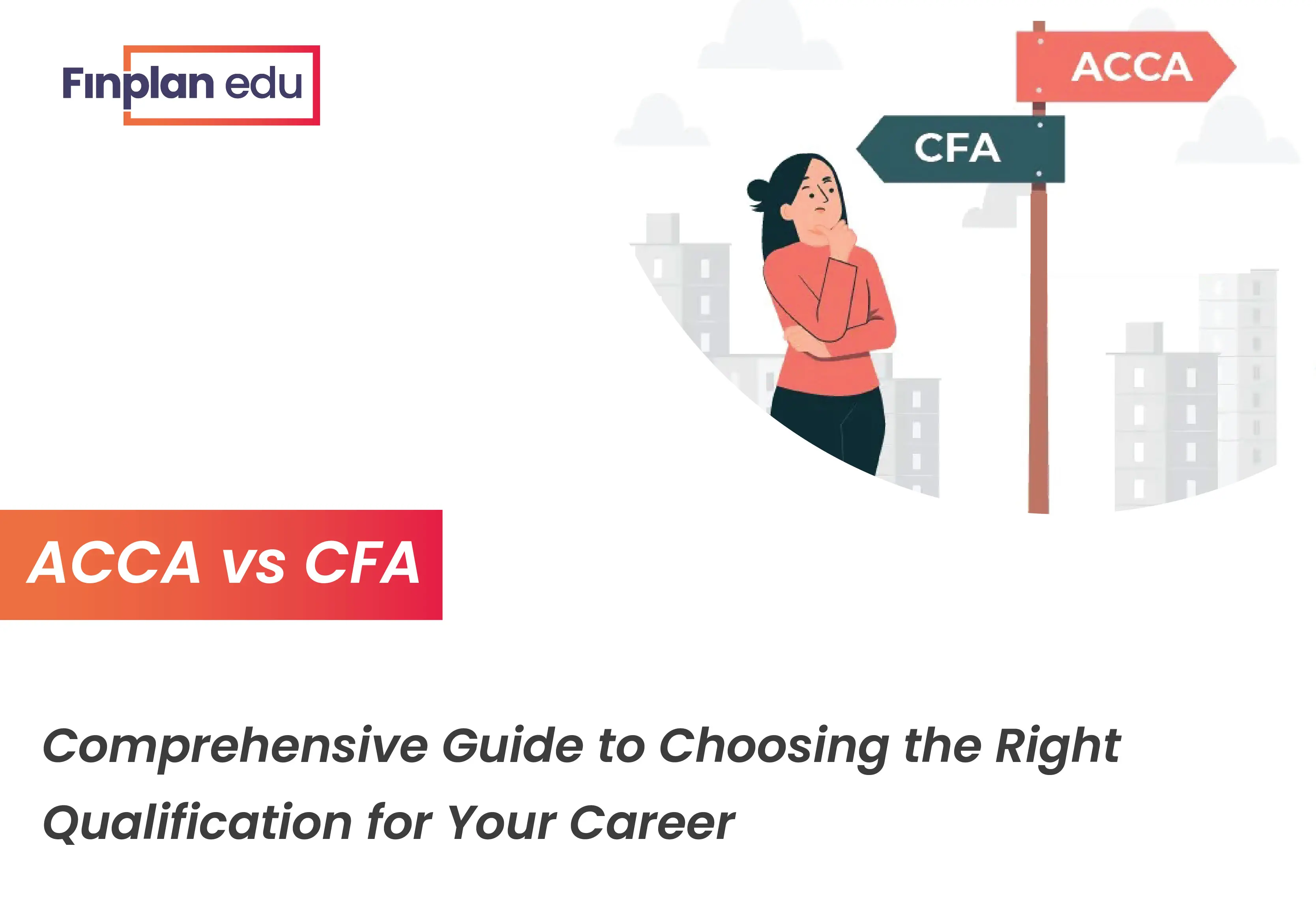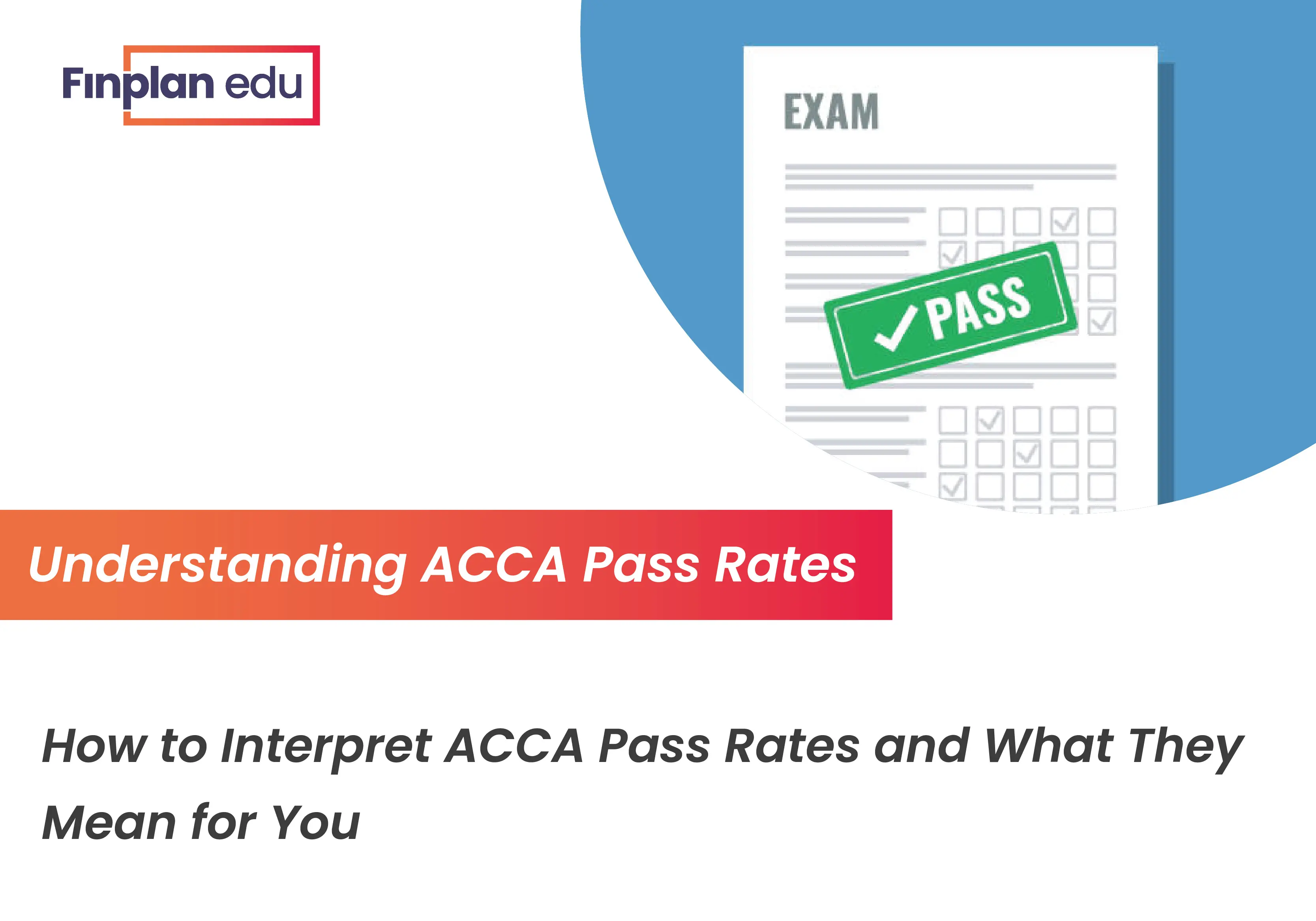ACCA Exemptions
What Are ACCA Exemptions and Why They Matter?
Exemptions are a vital component of the ACCA qualification, allowing students with prior qualifications to bypass certain exams. This can significantly reduce the time and effort required to complete the ACCA program, making your journey more efficient. For instance, if you hold a degree in accounting or a relevant professional qualification, you might be exempted from several initial exams, which can save you precious time and resources.
Terms & Conditions to Claim ACCA Exemptions
To claim exemptions, candidates must meet specific eligibility criteria, which often vary based on the nature and level of prior qualifications. Typically, this includes having recognized qualifications in accounting, finance, or business from accredited institutions. It's essential to review the ACCA's official guidelines to understand the full terms and conditions, as failure to comply with these requirements may result in the denial of exemption claims.
Types of Exemptions Based on Qualifications
ACCA offers various exemptions based on the candidate’s prior qualifications. Common exemptions include:
-
Applied Knowledge Level: Individuals with a degree in accounting or finance may be exempted from the Financial Management and Business Technology papers.
-
Applied Skills Level: Candidates with relevant professional qualifications, such as a degree in business or finance, may qualify for exemptions in subjects like Management Accounting or Corporate and Business Law.
Understanding which exemptions apply to your qualifications can significantly streamline your ACCA journey, allowing you to focus on the more advanced levels of study.
ACCA Exemptions Claim Process
How to Claim ACCA Exemptions?
-
Check Eligibility: Review your qualifications against ACCA’s exemption policy. This step is crucial as it determines if you meet the necessary criteria.
-
Prepare Your Documents: Prepare necessary documents to support your claim, such as official transcripts, degree certificates, and course descriptions that detail the content of your prior studies.
-
Submit via ACCA Portal: Complete the exemption claim form through the ACCA online portal, ensuring all details are accurately filled in and supporting documents are attached.
-
Await Confirmation: ACCA will review your application and inform you of the decision, typically within a few weeks. It's advisable to keep track of your application status to promptly address any queries.
Best Time to Claim Exemptions
It is advisable to claim exemptions during the registration process. The sooner you submit your claim, the quicker you can plan your study schedule accordingly. ACCA allows candidates to claim exemptions at the time of registration, and it is crucial to adhere to the deadlines specified on the ACCA website to avoid any delays in your studies.
Oxford Brookes BSc in Applied Accounting (With ACCA)
The Oxford Brookes BSc in Applied Accounting is an excellent option for ACCA students, providing an opportunity to earn a degree while completing ACCA qualifications. This program not only enhances your academic credentials but also adds value to your ACCA journey by providing a practical understanding of the industry. Students pursuing this degree may be eligible for additional exemptions, which can further streamline their studies and minimize the time spent on the ACCA qualification.
ACCA Exemption Fees
Breakdown of ACCA Exemption Fees
Exemption fees vary based on the number of exemptions claimed. For instance, the cost for each exemption may range from a nominal fee to a higher amount, depending on the complexity of the subjects exempted. It’s crucial to consult the ACCA fee structure to understand the costs involved. Additionally, be aware that while exemptions can save time, they do come with their own costs that need to be factored into your overall budgeting for the ACCA qualification.
Guidance on Whether to Claim Exemptions and Its Impact on Overall Costs
Claiming exemptions can lead to cost savings in the long run. While you will incur initial exemption fees, the reduction in the number of exams you need to take can significantly lower your overall expenses. Furthermore, completing the ACCA qualification sooner allows you to enter the workforce earlier, increasing your potential earning power. It is advisable to weigh the cost of exemptions against the savings on exam fees and the time saved, ultimately making an informed decision that aligns with your career goals.
ACCA Registration Fees
Detailed Breakdown of ACCA Registration Fees
ACCA registration fees cover the costs associated with enrolling in the program. This one-time fee must be paid upon registration and varies based on your location and the time of enrollment. For instance, if you register early or during promotional periods, you might benefit from reduced fees. It's essential to check the ACCA website for the most current registration fee structure and any special offers.
Annual Subscription Fees for Maintaining ACCA Student Status
Once registered, students are required to pay annual subscription fees to maintain their status as ACCA students. This fee supports ongoing access to ACCA resources, updates, and member benefits, which are invaluable as you progress through your studies. Staying up-to-date with the latest developments in the field of accounting and finance is essential, and your subscription fee contributes to this continuous professional development.
ACCA Exam Fees
ACCA Applied Knowledge Exam Fees
-
Fee Structure for Applied Knowledge Exams: The fees for this level cover three papers: Business Technology, Management Accounting, and Financial Accounting. Understanding the fee structure at this foundational level helps you plan your budget effectively, ensuring you allocate sufficient funds for each exam.
ACCA Applied Skills Exam Fees
-
Fee Structure for Applied Skills Exams: This level includes six papers, each with its respective fee. Each paper focuses on critical areas of accounting, including performance management and financial management, making it essential to account for these costs as you progress.
ACCA Strategic Professional Level Fees
-
Fee Structure for Strategic Professional Exams: Candidates at this level face fees for two modules: Strategic Business Leadership and Strategic Business Management. Given the strategic nature of these papers, preparing for these exams can be more intensive, which also reflects in the associated fees.
Affiliate & Membership Exam Costs
Affiliates must pay specific fees for their exams, often at a discounted rate compared to regular candidates. Understanding the fee structure for affiliates helps those transitioning into membership to budget accordingly.
Once you complete your exams, there is a fee associated with the application for membership, which allows you to use the ACCA designation. This fee is an investment in your future career, as becoming a member provides access to exclusive resources, networking opportunities, and industry recognition.
Discounts, Payment
Available Offers & Regional Discounts
ACCA occasionally offers discounts for early registration, bulk exam entries, or even for students in specific regions. It’s worth checking the ACCA website for the latest offers and taking advantage of any promotions available to minimize costs.
Payment Methods & Late Fee Warnings
ACCA fees can be paid via various methods, including online credit/debit card payments, bank transfers, and payment through accredited centers. Ensure you choose a method that is most convenient for you, as some methods may incur additional fees. It’s also essential to be aware of payment deadlines to avoid late fees or penalties.
Conclusion
In summary, understanding ACCA registration fees and exemptions is essential for planning your educational journey effectively. By claiming exemptions where eligible, you can save time and money on your path to becoming a qualified ACCA professional. Keep this guide handy as you embark on your ACCA journey to manage your costs effectively and maximize your opportunities. Awareness of the costs involved and the potential savings from exemptions will empower you to navigate your ACCA path with confidence, ultimately leading to a successful and fulfilling career in the dynamic field of accounting and finance.
Get personalized guidance on exemptions, fee structure, and the best registration path for your profile. Connect with our expert counselors at Finplan Edu and take your first step toward becoming ACCA-qualified.
Call Finplan to Get More Info
Frequently Asked Questions
1. Can I Claim Exemptions if I Have Professional Qualifications?
Yes, if your professional qualifications are recognized by ACCA, you may be eligible for exemptions. It's crucial to check the ACCA’s list of recognized qualifications to determine your eligibility.
2. When is the Best Time to Claim Exemptions?
The best time to claim exemptions is during your registration process to maximize your planning efficiency. Claiming exemptions early allows you to structure your study plan around the subjects you still need to complete.
3. How Do I Pay My ACCA Exam Fees?
ACCA exam fees can be paid through the ACCA online portal using various payment methods, including credit cards and bank transfers. Make sure to keep a record of your payments for reference and verification.
4. Are There Any Discounts Available for ACCA Exam Fees?
Check the ACCA website for any special discounts or promotional offers on exam fees. Being aware of these opportunities can lead to significant savings.
5. What Happens if I Do Not Pay My Subscription Fees on Time?
Failure to pay your subscription fees on time may result in the loss of your student status, requiring you to re-register. This can lead to additional costs and delays in your studies, so it’s crucial to keep track of payment deadlines.




